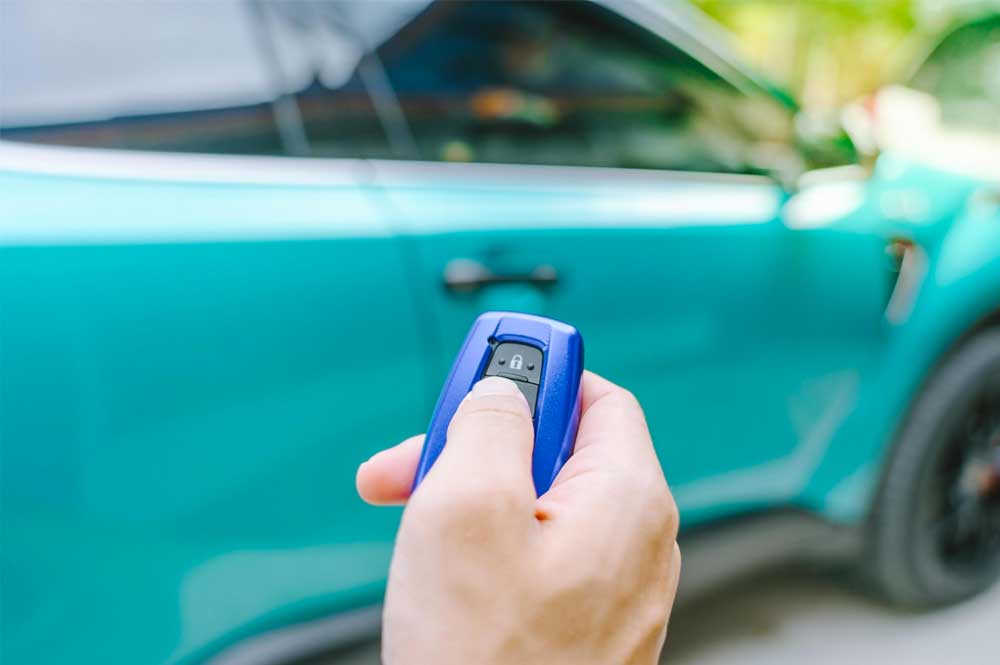Car owners – Checking cars previous owners – 5 things to look out for


A vehicle’s value decreases as the number of previous owners increases.
Some dishonest vendors may misrepresent the number of past owners of a vehicle. Fortunately, there are various simple ways to verify this for yourself.
A car owner check could help you save time, money, and headaches down the road. The outcome of your ownership check (before purchasing) may influence your decision to buy or not buy.
It’s worth noting that the registered keeper isn’t always the same person who owns the vehicle. The legal owner of a vehicle is the person who purchased it. Personal information on the vehicle that is responsible for the safety and legal roadworthiness is kept in the DVLA logbook.
When verifying the number of prior owners on a V5 logbook, you’ll discover the vehicle has one, two, three, four, or more previous owners.
Remember, this number is based on previous owners and does not account for who owns the car right now.
For example, you observe that the car you want to buy has had four owners since it was new. In that tally, you must include the current owner. You will be the sixth owner of the car, not the fifth if you purchase it. When it comes time to sell the car, the seventh owner will be the new owner
Buying a great car entails more than just getting a reliable vehicle at a reasonable price. It’s also a good idea to consider the car’s value when you’re ready to sell, as well as any potential challenges you might face if you want to sell soon for something close to genuine market value.
One of the factors that car purchasers consider is the number of prior owners. According to our testing and experience, a car with more than four prior owners is more difficult to sell.
Two prior owners or less is the car owner check parameter we propose. Of course, there are several variables to consider, including age, mileage, condition, service history, and if the vehicle has been passed down through the family. However, a decent general guideline is to be no more than the fourth owner.
Whoever buys the vehicle after that, five owners is a tough sale, because no one wants to be the sixth owner. They’ll be selling a car with seven previous owners, which will make the procedure more complicated.
Dispelling the Myth of “Previous Owners”-
Surprisingly, most auto dealers are unaware that a car with two previous owners on the V5C logbook has three owners in total. If you’re looking for past owners of a used car who aren’t listed on the V5C logbook, browse through all of the service records first. Invoices with names, addresses, and phone numbers should be sought. This is the quickest approach to learn about prior owners.
Alternatively, you can fill out the V888 DVLA vehicle information form. The DVLA will give you free automobile owner information if you have a valid reason.
If you have “reasonable cause,” such as determining who was the owner or tracking the owner of an abandoned car, you can seek information on a vehicle’s registered keeper from the DVLA (using form V888).
Whether you can validate the registered keeper’s details or not, we’d advise walking away rather than taking a chance if anything doesn’t feel right or a deal sounds too good to be true.
The V5c registration paperwork will show the registered keeper’s information, and you should never buy a used car without seeing the V5c.
If you know the brand and registration number, you can check vehicle details online using the DVLA’s vehicle inquiry service, but keeper details are considerably more difficult to verify if you don’t have the V5c.
When purchasing a vehicle, it is critical to obtain as much information as possible on your prospective new vehicle. Another simple technique to obtain fundamental information is to simply speak with the buyer; ask as many questions as you deem necessary until you are convinced that the transaction is fair. Check the car’s service records for more thorough and dependable information. This will show how frequently the car has been maintained, what technical concerns have been resolved, and in many cases, the names of the past owners. Even if the owner information is absent or ambiguous, the location of the service can reveal the number of owners. For example, if the car has been serviced in three distinct locations across the United Kingdom, it has likely had three previous owners. If the previous owner only had the car for a few years, there’s a chance it’s still covered by the manufacturer’s warranty. Typically, the desired number of past owners is one.
If the car has only had one previous owner, it is more likely to have gotten consistent driving and maintenance. For example, rather than being treated haphazardly by many owners, the car will have been driven in the same manner since its inception.
There is, however, no definitive answer to the question of how many previous owners are too many. The fewer owners, the better, but the number of owners shouldn’t matter as long as each one has handled the car well and it is in good shape.
This check is intended to reassure you that the V5 logbook details are valid; if they aren’t, it may reveal another issue. This could indicate that the vehicle has been stolen, for example.
This is dependent on the vehicle’s age. When compared to a vehicle that is only 3 years old, a “vintage” vehicle that is 25 years old is more likely to have a higher number of keepers. In the United Kingdom, an average vehicle owner keeps their vehicle for 71 months or 6 years. However, this is only a suggestion. The average number of keepers is on the rise. Why? Because people are retaining their cars for shorter periods than they used to. After 1-3 years, the majority of people trade them in.
Of course, in the past, the most frequent means of purchasing a vehicle was with cash. However, now that cheap credit and low-interest rates are all the rage, the automobile industry has joined in. Here’s an interesting fact: new cars are sold on credit five times more than they are via outright purchase (cash).


